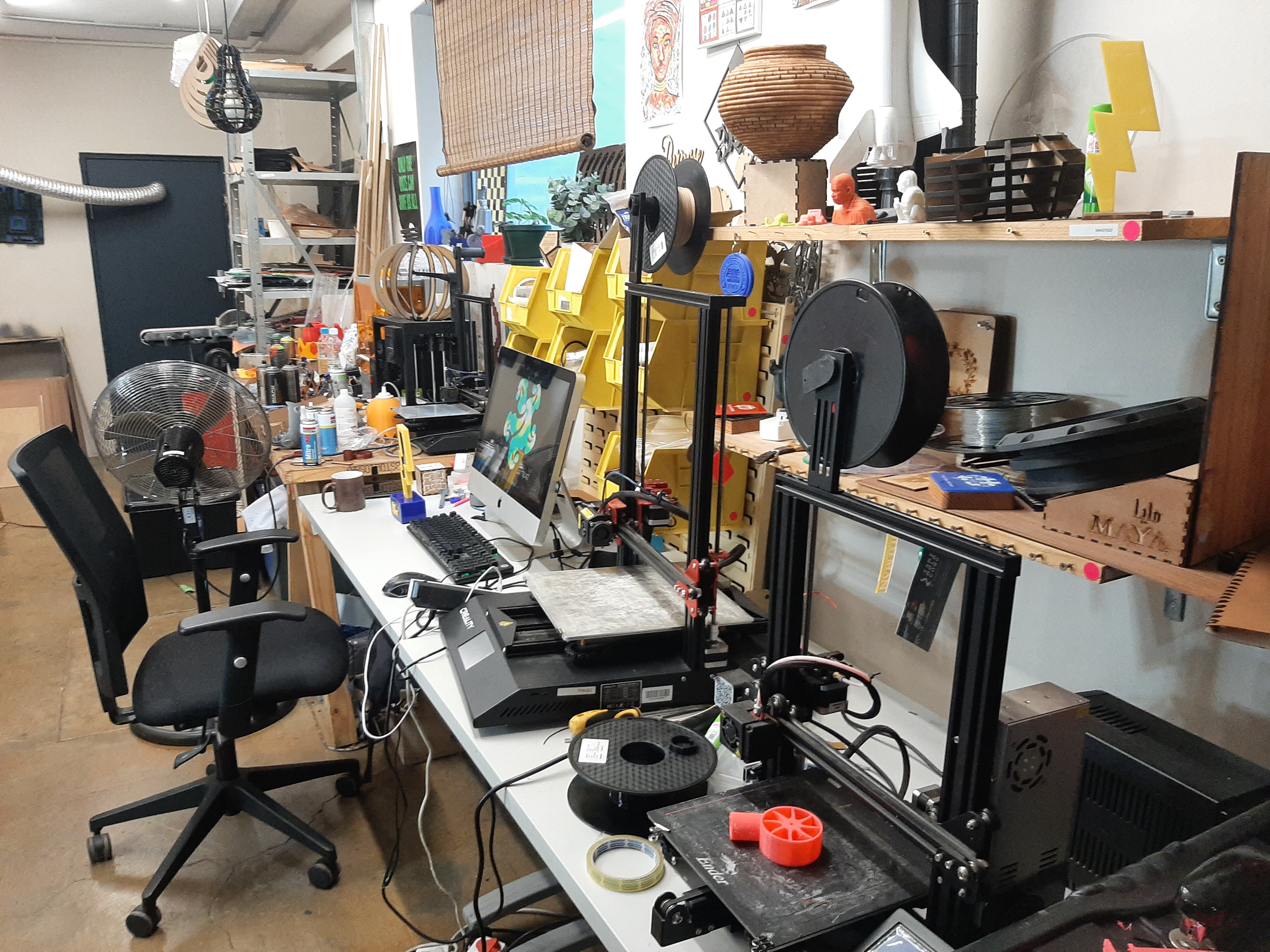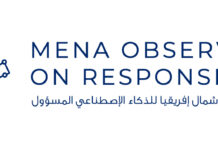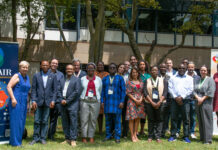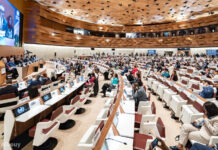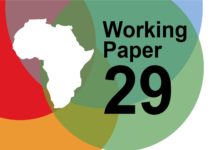
Over the course of two days last week, 16-17 February, I and Open AIR colleague Nan Warner participated in the online “Kick-off Meeting” for an ambitious new EU-funded project called “mAkE”, which is seeking to support hardware-focused Digital Innovation Hubs (DIHs) and makerspaces in Africa and Europe.
The full name of the initiative is African European Maker Innovation Ecosystem (mAkE), and Open AIR, through our hub at the University of Cape Town IP Unit (UCT IP Unit), is one of the project consortium members. Running for three years until early 2025, mAkE seeks to facilitate strengthening of, and collaboration between, African and European DIHs/makerspaces, so that they can enhance their roles as key players in local innovation ecosystems. DIHs/makerspaces provide support to innovators, entrepreneurs, start-ups and SMEs seeking to generate livelihoods through sustainable, locally/socially appropriate digital innovations.
Open AIR has a long-standing interest in innovation practices by African maker communities, and we have conducted research in this area since 2016, under the Open AIR Maker Movement research theme.
The following are the other mAkE consortium members—all of whom, like Open AIR, have strong track records in the field of grassroots innovation:
- Africa Makerspace Network (AMN)
- Africa Open Science Hardware (AfricaOSH)
- Association pour la promotion de la science ouverte en Haïti et en Afrique (APSOHA)
- Centre for Social Innovation (ZSI)
- Global Innovation Gathering (GIG)
- GreenTec Capital Africa Foundation (GCAF)
- Internet of Production Alliance (IoP Alliance)
- Institute of Advanced Architecture of Catalonia (IAAC)
- Fab Lab Barcelona
The mAkE work programmes include:
- development of a business models toolkit for DIHs/makerspaces
- pairing of high-potential DIH/makerspace-linked ventures with mentors
- venture-building support to DIH/makerspace-linked start-ups
- a makers-in-residence programme fostering product collaborations between African and European makers
- case studies of DIH/maker associations’ interactions with policymaking, and “Minister Meet Makers” policy collaboration events
- piloting of a Maker Passport for mutual skills recognition among DIHs/makerspaces nationally, regionally, and internationally
- piloting of an open contracting system for national/regional distributed manufacturing of products by collaborating DIHs/makerspaces
- gathering of existing open educational resources (OERs) with relevance to DIHs/makerspaces, development of additional OERs drawing on mAkE project activities, and compilation of a massive open online course (MOOC) for DIH/makerspace managers and participants

